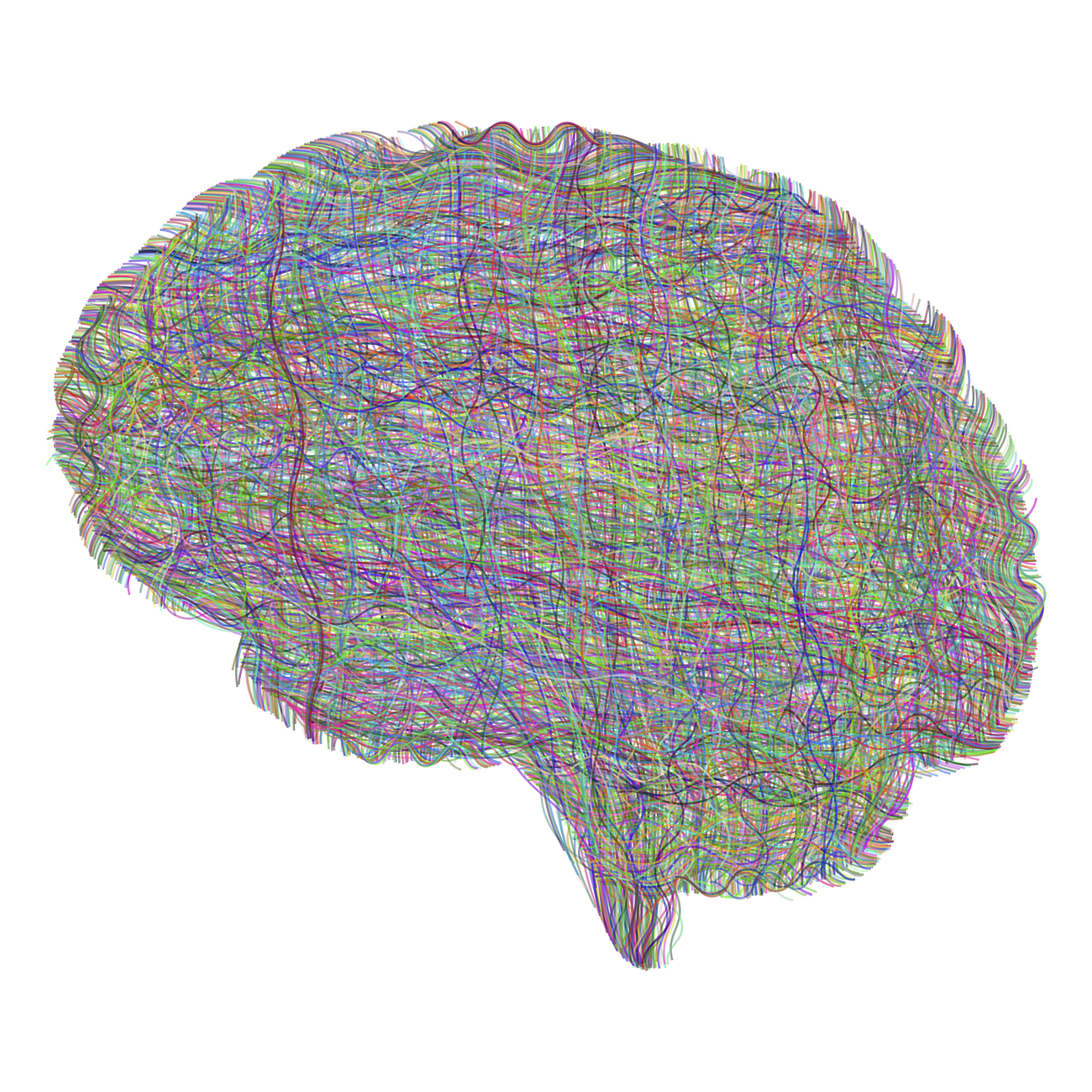The underpinning thesis of this Essay is that practically useful knowledge concerning economic governance, and governance more generally for that matter, can be acquired by study of the structure and functioning of the human brain. The arguments have some resonances with, inter alia: the ancient microcosm-macrocosm analogy in philosophy, the brain being the microcosm and the governance system (‘Leviathan’s brain’) being the macrocosm; the Apollo/Cassandra story in Greek mythology; and much more recent mathematical analysis of self-similar systems, most notably in relation to fractals. They lead us to call for a new and better ‘Gestalt’ when thinking about the organisation of the structure and conduct of economic policy. The arguments follow a path already beaten in the development of AI, in the course of which major advances have been made via the study of neural networks and their use as analogies and sources of insight. No similar path has been trod in thinking about governance: as the 2nd President of the United States put it in his own time, the science of government has been “at a stand”.
The underpinning ideas have been put at recent conferences of the Regulatory Policy Institute at Oxford in December 2022 and in Westminster in May 2023. We have been encouraged by the receptions the arguments have received on those occasions and in discussions with individual academics and public policy professionals in Britain and elsewhere. The significance of a network’s topology for overall system performance will be obvious for anyone familiar with systems analysis, whether applied to physical or social systems. Contemplation of the workings of a car is sufficient to indicate that overall system performance depends not only on how well component parts function individually, but also how they connect and work alongside each other. More novel is the suggestion that the network topology of the human brain can be a fruitful source of analogies and metaphors in developing better understandings of the functioning of systems of economic governance. It is therefore the idea that we focus on.
Addressing the governance/stewardship/management of highly complex systems almost necessarily requires a collective effort and any list of individual acknowledgments would be long and tedious. We do, however, want to single out two. The first is Dr Iain McGilchrist, on whose extensive examinations of the relevant microcosm, the human brain, we rely very heavily. Since our interest lies in a narrower macrocosm than Iain’s (his might be characterised as ‘everything that is out there’), he should not be held responsible for any nonsenses that might
be found in the political economy and public policy sections of the Essay. The second is Gerard Fox, our colleague in the Regulatory Policy Institute’s Insights Team. A number of points in the Essay flow directly from blogs published by that team, to which Gerard has made major contributions.
Harold Hutchinson
George Yarrow




